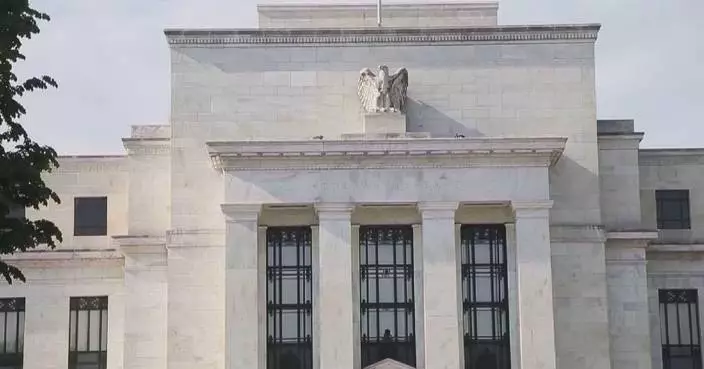The UK's Autumn Budget, criticized for its tax hikes targeting businesses and investors, has sparked widespread backlash from various industries, raising concerns about its potential to hinder economic recovery and burden workers and consumers.
At the end of October, the UK Chancellor of the Exchequer announced the Autumn Budget. This budget, widely seen domestically as primarily a tax-raising plan, has sparked significant controversy. Less than a month after its release, multiple industries have expressed dissatisfaction and concerns about the prospects for the UK's economic recovery. The Autumn Budget includes measures such as raising the minimum wage, increasing the national insurance contributions employers must pay for their employees, and reducing the business tax discount from 75 percent to 40 percent. Since the tax-raising measures in the budget mainly target businesses and investors, the UK business community has generally taken a negative view of it.
A snap poll of over 700 Institute of Directors members following the Chancellor's Budget Statement has found that two-thirds of business leaders feel negatively towards the Autumn Budget, saying that it does not support the government's growth mission.
Rain Newton-Smith, director general of the Confederation of British Industry, remarked that this is a tough budget for UK businesses. The increase in employer national insurance contributions raises the cost of hiring and giving pay raises, thus adding to the burden on businesses.
Business and Trade Secretary Kemi Badenoch also expressed concerns, stating that the tax increases announced in the budget could hinder companies from hiring workers and raising wages. The hospitality sector, including restaurants and hotels, has even more direct worries about the budget.
Retail, one of the key drivers of sustained growth in the UK economy, is also feeling the pressure. Helen Dickinson, chief executive of the British Retail Consortium, pointed out that for the low-margin retail industry, the Autumn Budget will deal a heavy blow, making short-term growth and investment highly unlikely. According to the latest projections from the UK Department for Work and Pensions, the retail industry will face approximately 2.5 billion pounds in additional costs by 2025 as a result of the budget.
The National Federation of Independent Retailers described it as "the most damaging budget for independent retailers in years".
According to Sky News, dozens of pub, restaurant, and hotel managers across the UK are planning to co-sign a letter to the Chancellor, criticizing the budget for being "regressive in its impact on low-income groups" and warning that "business closures and layoffs within a year are inevitable". The Office for Budget Responsibility stated that most of the tax increases outlined in the budget would ultimately be passed on to ordinary workers and consumers. It also predicted that after the increase in employer national insurance contributions takes effect in 2025, 60 percent of the additional costs will be shifted through lower wages and higher prices.

UK's Autumn Budget sparks wide criticism among business leaders










